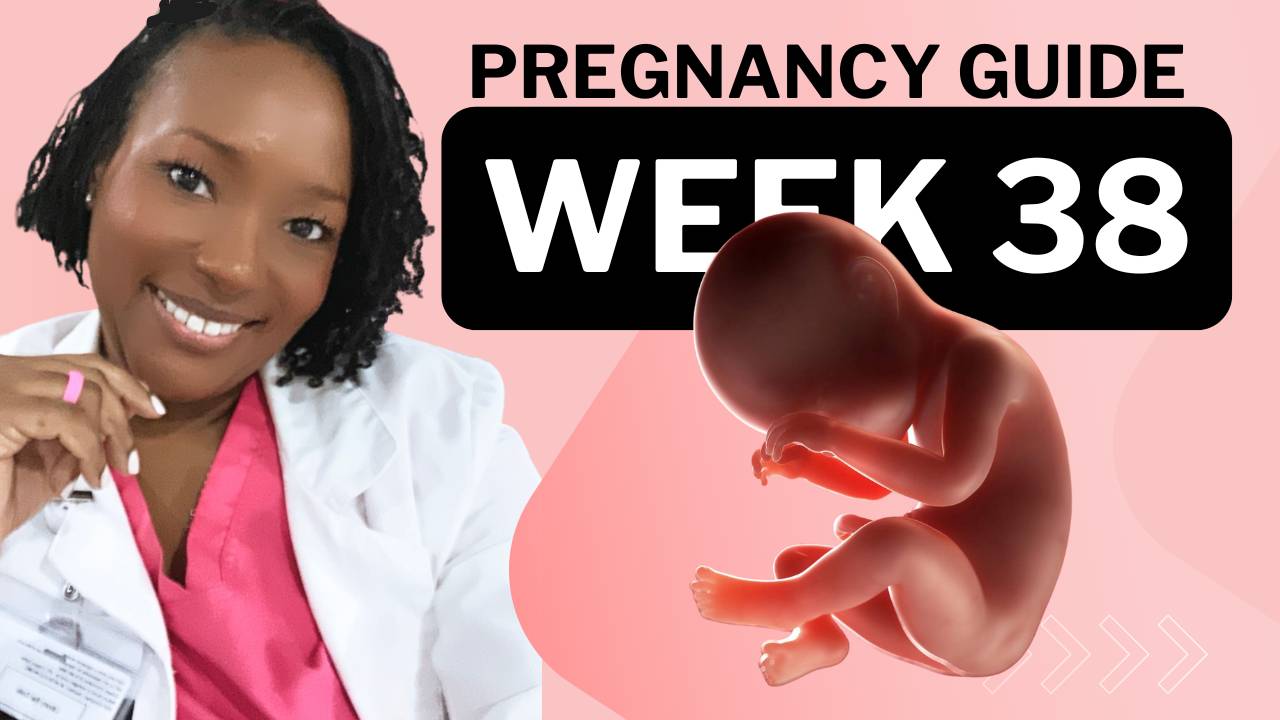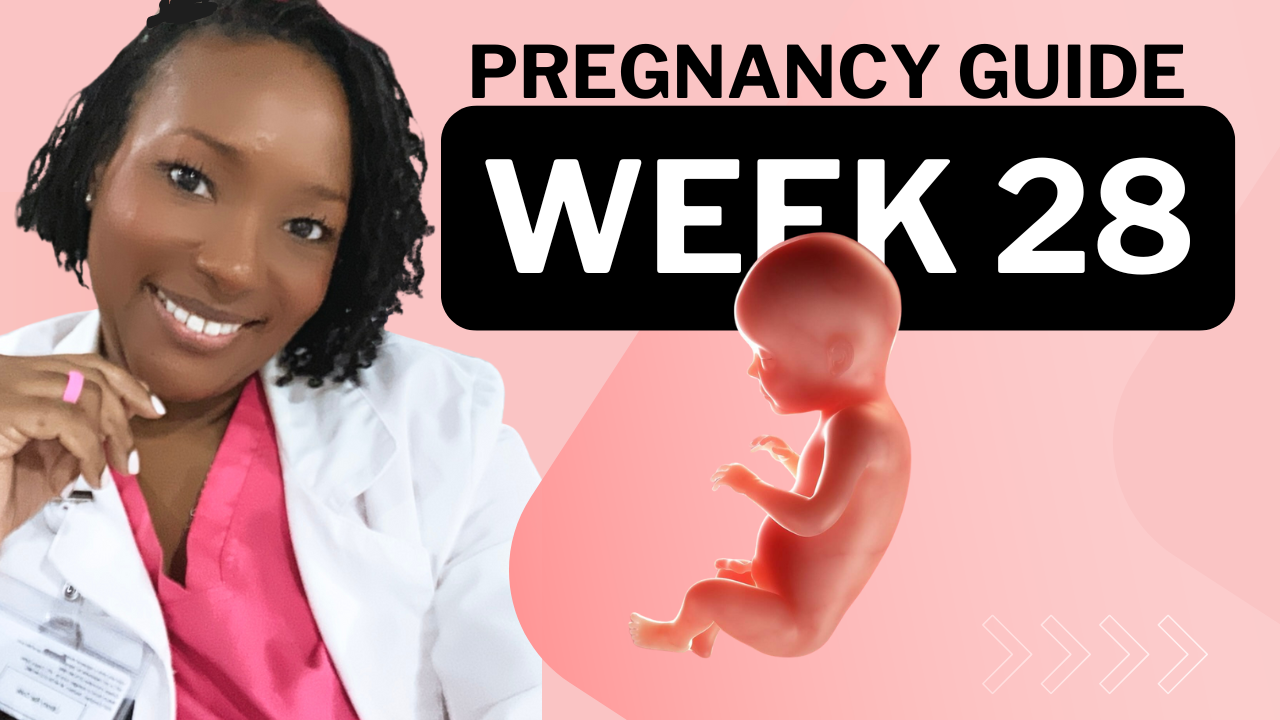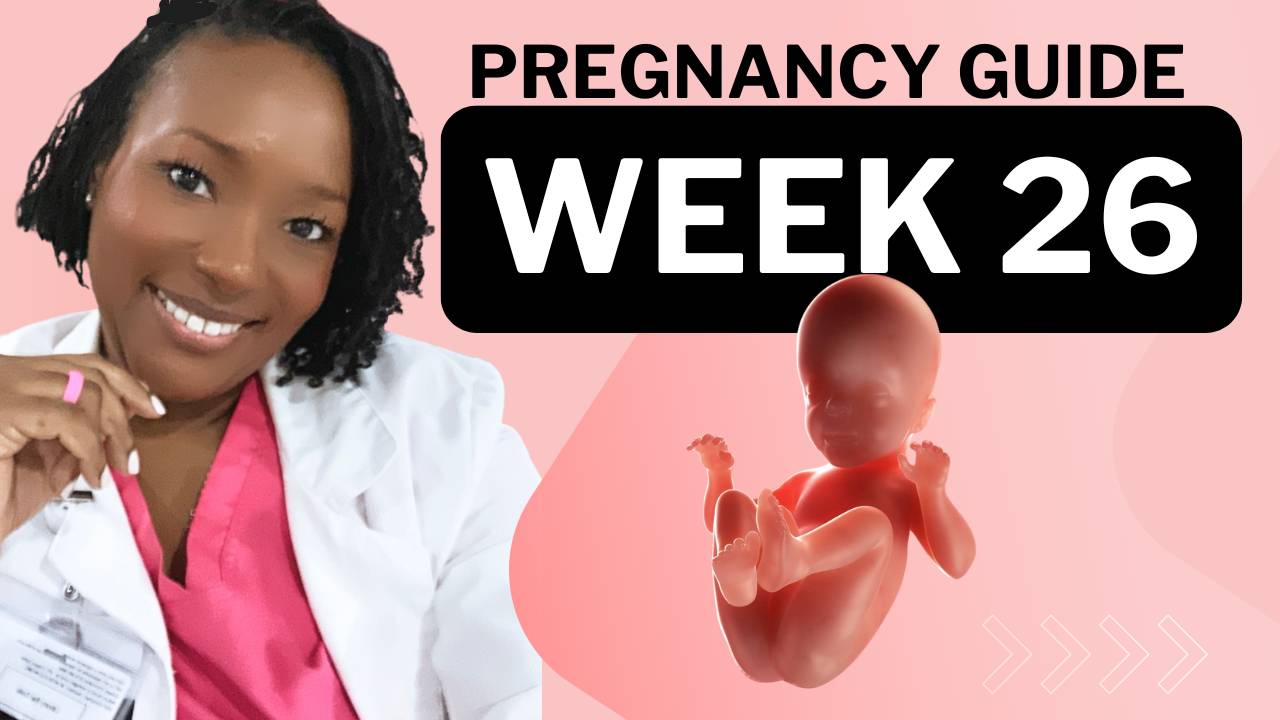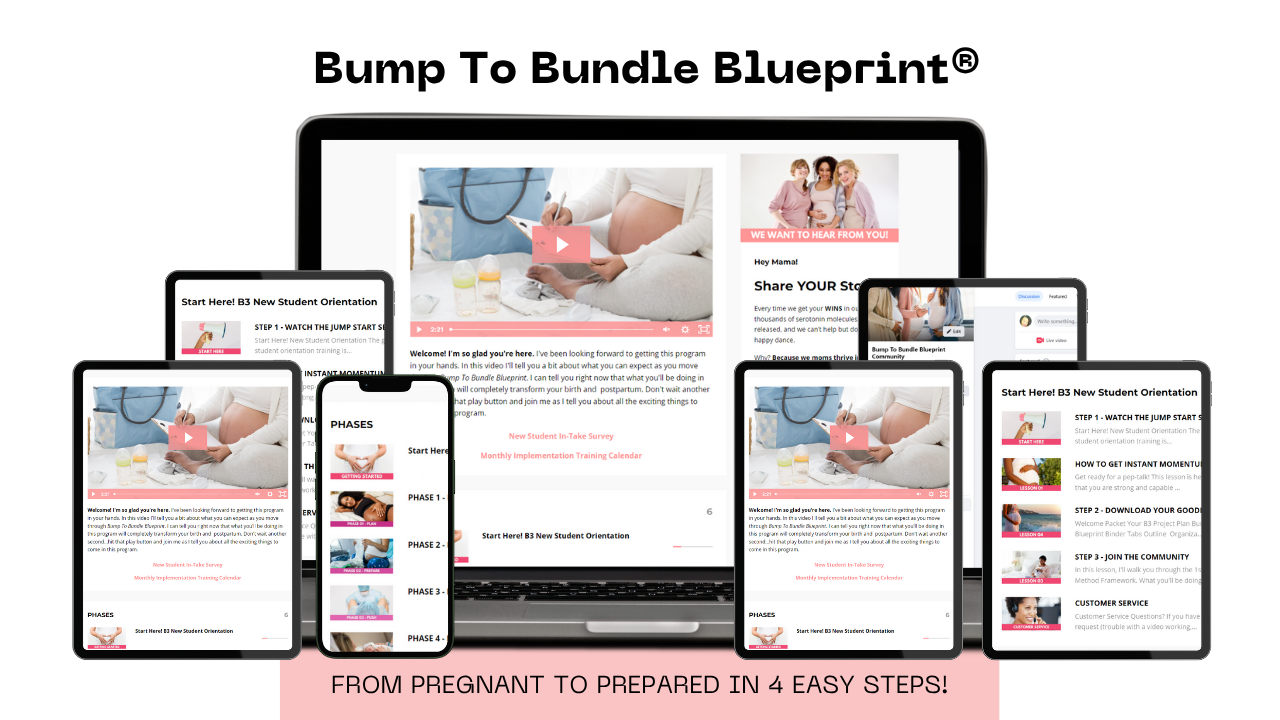Today’s entry is a good one, because we’re talking about a moment almost every pregnant woman hits — but nobody warns you about:
The first practice contraction that actually makes you stop mid-sentence.
You know the ones I’m talking about…
You’re walking, folding laundry, minding your business — and suddenly your whole belly tightens like a fist.
Not painful.
Not dramatic.
Just… tight.
So here’s the real talk:
That’s a Braxton Hicks contraction — your body’s rehearsal for the big day.
But what most moms don’t know is this:
Braxton Hicks are actually one of your body’s best clues that your uterus is getting stronger.
They’re literally your uterus doing tiny workouts.
Like those baby Peloton classes you didn’t sign up for but apparently still have to attend.
Here’s what they actually mean:
1. Your uterus is building endurance.
Just like your legs would train for a marathon, your uterus is prepping for the marathon of labor.











